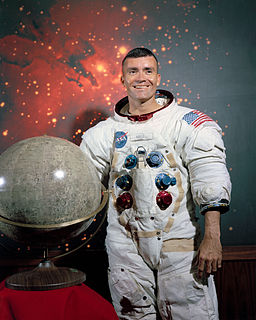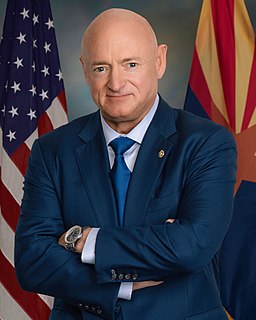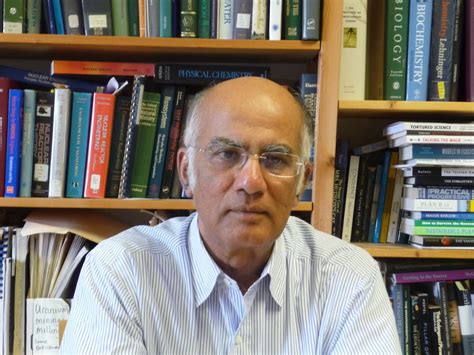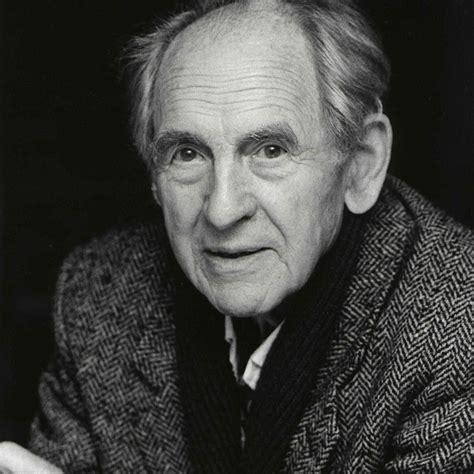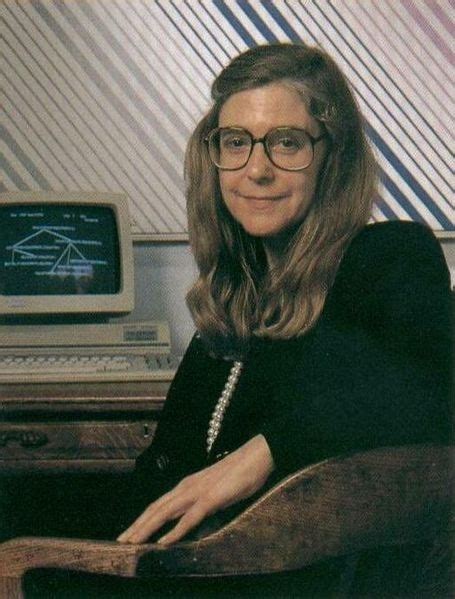A Quote by Elon Musk
I've always wanted to be part of something that would radically change the world. . . . People forget the power of inspiration. All of humanity went to the moon with the Apollo missions. The issue was cost. There was no chance to build a base and create frequent flights. That's the problem I would like to solve.
Related Quotes
To send humans back to the moon would not be advancing. It would be more than 50 years after the first moon landing when we got there, and we'd probably be welcomed by the Chinese. But we should return to the moon without astronauts and build, with robots, an international lunar base, so that we know how to build a base on Mars robotically.
It's my opinion that, if Barack did want to solve the gang problem, number one would be to work with people from the inside out, people who can actually give him an accurate analysis of the problem in L.A., because they're in it or at one point were a part of it, and now they're workin' to change it, and redirect the energy and the focus of it. And then consciously take steps to solve the problem. But I don't feel like zero tolerance, strict laws, locking everybody up is a viable means to stop that problem.
It's my opinion that, if Barack did want to solve the gang problem, number one would be to work with people from the inside out, people who can actually give him an accurate analysis of the problem in L.A., because they're in it or at one point were a part of it, and now they're workin' to change it, and redirect the energy and the focus of it. And then consciously take steps to solve the problem.
If I could create a world where people lived forever, or at the very least a few billion years, I would do so. I don't think humanity will always be stuck in the awkward stage we now occupy, when we are smart enough to create enormous problems for ourselves, but not quite smart enough to solve them.
Part of what's unique about climate change, though, is the nature of some of the opposition to action. It's pretty rare that you'll encounter somebody who says the problem you're trying to solve simply doesn't exist. When President Kennedy set us on a course for the moon, there were a number of people who made a serious case that it wouldn't be worth it; it was going to be too expensive, it was going to be too hard, it would take too long. But nobody ignored the science. I don't remember anybody saying that the moon wasn't there or that it was made of cheese.
Nuclear power as a solution to global warming is theoretically possible, but the proliferation problems and accident risks it would create would, I think, be intolerable because you have to build an immense number of nuclear power plants, one large plant a week around the world for the next 40 years, to make a significant dent in the global warming problem.
If you wanted to create an education environment that was directly opposed to what the brain was good at doing, you probably would design something like a classroom. If you wanted to create a business environment that was directly opposed to what the brain was good at doing, you probably would design something like a cubicle. And if you wanted to change things, you might have to tear down both and start over.
I was an eight-year-old kid when I watched the first Apollo Moon Landing way back in 1969 and there was something about that moment that really stuck in my head. I'd always been interested in space and flying and I was building model rockets and model airplanes, but something about that moment, I can remember like it was yesterday watching the Apollo Lunar Lander approach the surface of the Moon and then later watching Neil Armstrong and Buzz Aldrin take the first steps on the Moon, and something that day started the dream for me that, hey, I want to be like those guys.
Every night on the stop global warming college tour, Laurie and I would tell these great young people that they have the power to do anything they want. That we all have the power to create a movement for change. That the best part of ourselves is the part that rises up instinctively from compassion.
When I was first thinking about what would become Venture for America, I was trying to figure out how to solve a problem - that our top young people were being driven to roles that did not, to me, address the needs of our time. That VFA would be a non-profit just seemed like the most efficient way to solve the problem.

